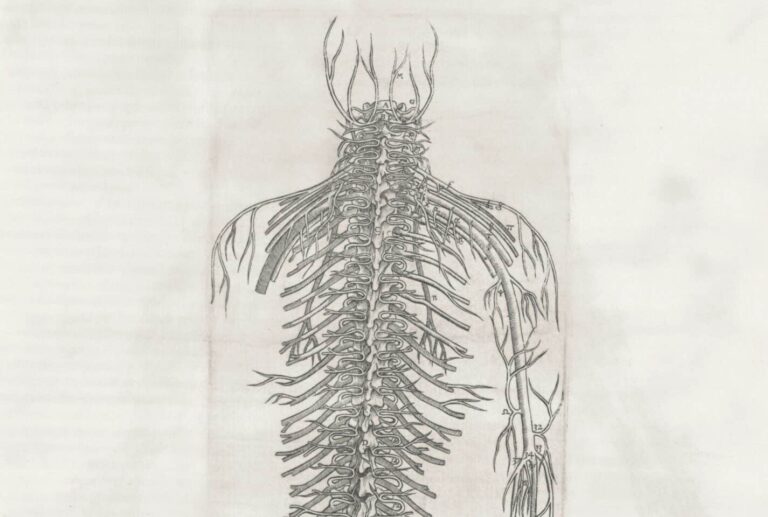Cognitive Behavioral Therapy
Rewiring your thoughts is the first step to changing your behavior.
What is Cognitive Behavioral Therapy?
Cognitive Behavioral Therapy (CBT) is a proven, practical approach that helps people change negative thinking and behavior patterns, making it a powerful tool in overcoming addiction.
Skills You’ll Learn in CBT
- Challenging negative thoughts
- Spotting triggers
- Building healthy routines
- Reframing situations
- Tracking thoughts and behaviors

How CBT Helps Treat Addiction
Fixes the Source, Not Just the Symptoms
Addresses the underlying reasons people use, not just the behavior itself, by rewiring the thoughts and beliefs that fuel addiction.
Builds Coping Skills That Stick
Teaches skills for managing cravings, handling stress, and making better decisions — things that stay useful long after treatment ends.
Improves Emotional Regulation
Helps you better understand and manage intense emotions like guilt, shame, or anxiety so they don’t control your choices or lead to relapse.
Strengthens Recovery Over Time
Builds long-term awareness and resilience, making it easier to stay grounded, rebuild after setbacks, and grow beyond early recovery.
Our Approach to Cognitive Behavioral Therapy
Rooted in Real-Life Application
Clients learn how to manage cravings, navigate stress, and shift harmful thought patterns using tools they can apply in daily life.
Backed by Proven Techniques
We use evidence-based methods like cognitive restructuring, behavioral activation, exposure therapy, and mindfulness to support long-term recovery.
Built into a Full Continuum of Care
CBT is woven into individual sessions, group therapy, and skills training, creating a structured and supportive environment for growth.
Featured Resources
Explore resources that meet you wherever you are in your journey.
FAQs About CBT for Addiction Treatment
What kinds of addictions can CBT help with?
CBT can be used to treat a wide range of substance use disorders, including alcohol addiction, drug addiction, and more.
Is CBT effective for dual diagnosis?
Yes, CBT is widely used to treat both addiction and co-occurring mental health issues like depression or anxiety, also known as a dual diagnosis. It helps you manage both conditions together, not separately.
How is CBT structured?
Our CBT program includes:
- Individual Therapy: One-on-one sessions focused on challenging negative thoughts, building coping tools, and setting realistic goals.
- Group Therapy: Supportive group settings where clients learn CBT strategies and gain insight through shared discussion.
- Skills Training: Practical sessions that teach tools like cognitive restructuring, mindfulness, and stress management for everyday use.
- Relapse Prevention Planning: Personalized strategies to help clients maintain long-term sobriety and mental wellness.
How is CBT different from other therapies?
CBT is focused on practical, present-day strategies. Unlike talk therapies that explore the past, CBT gives you tools to manage triggers, cravings, and stress in real time
What other types of addiction therapy does Northpoint Recovery offer?
We use a mix of evidence-based therapies to create a treatment plan that fits your needs and goals. Alongside CBT, your treatment plan may include:
Each type of therapy plays a role in helping you build stronger relationships, manage emotions, and stay on track in recovery.

Explore Our Addiction Treatment Options
Inpatient
24/7 care in a structured, supportive environment to focus fully on recovery.
Outpatient
Flexible treatment with daytime or evening sessions while living at home.
Virtual Outpatient
Convenient, online therapy and support from anywhere — no commute needed.

